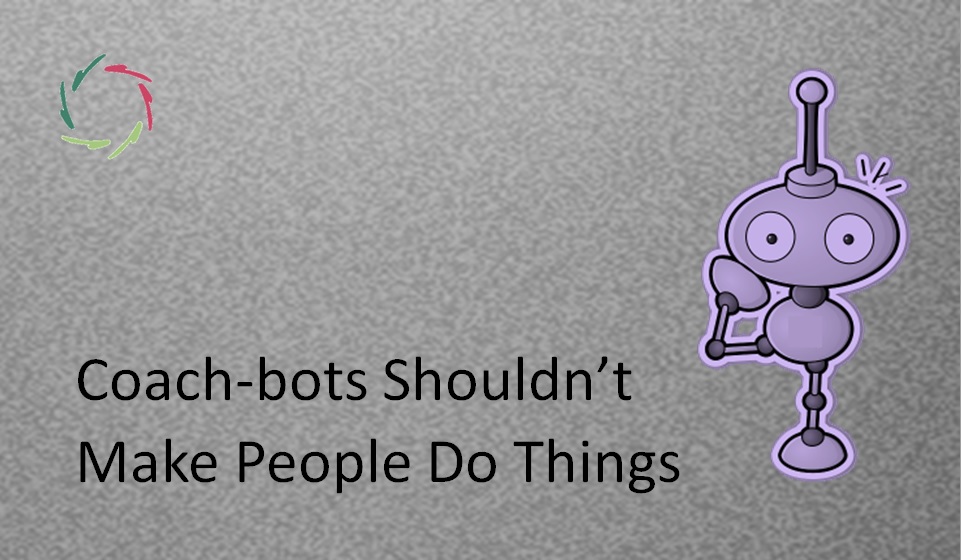The Path from Implicit to Explicit Knowledge

Implicit: It’s there, but we don’t readily know how, neither why it works. Explicit: We can readily follow each step.
This is more or less the same move as from intractable to tractable or from competence to comprehension. But how?
Emergence
If something comes out, it must have been in ― one way or another. Children know this from a very young age. It might be different at the fringes of reality, but that is not our concern here. (x)
Usually, with emergence, there’s a large part of what-seems-to-be-chaos involved, making it challenging to see underlying patterns. However, with the right tools, these patterns become visible and pragmatically available for further processing.
Finding the right tools is the path from implicit to explicit knowledge.
The right tools
If the implicit and explicit levels are far removed from each other, the right tools cannot be straightforwardly explicit. Something in them needs to be able to manage complexity.
In our brain/mind, this something is formed by many billions of neurons forming many more mental-neuronal patterns in parallel distributed processing.
That is not the only way. It’s just an example — the one nature developed (or stumbled upon?) over a very long period. BTW, not once, but at least twice; ask big octopi.
Transformer technology
Another example has recently been developed (or stumbled upon?) by researchers in the field of Artificial Neural Networks.
In this one, the tool is made up of many billions of mathematical parameters and relations. Like nature, researchers don’t know (yet) exactly how or why this works, but it surely does. The users of transformer technology (chat-GPT, etc.) encounter explicit output as a result.
More?
There are certainly more examples to be developed (or stumbled upon).
We’re at an advantage now. Within the two above examples, we can look for general characteristics of the path from implicit to explicit. Thus, more cases will undoubtedly be found.
For instance, the sheer amount of subconceptual processing units is a returning characteristic of brute force solutions. With more knowledgeable developments, this may probably be drastically diminished – but still necessary – for the good cause.
Focus
In both examples, we see something we can denote as focus or attention. Logically, this is needed to avoid being inundated by complexity. Without the focus, the chaos part is too strong to handle.
In humans, attention is created by purposefully heightening what’s inside and diminishing what’s outside the center of attention. Practically, we look for avoiding distraction when focus is needed. Thus, what’s in focus becomes temporarily explicit. Proceeding from one focus to the other, we live in an explicit mindscape while having little idea about how small our focus is at any moment unless we explicitly reflect upon that.
The intelligent lesson
In all this, we can see that ‘intelligence’ is broader than human. That may be a profoundly needed lesson in humility. Meanwhile, we’re not just creating a new intelligence but also finding out more about ours — its strenghts, limitations, and non-exclusiveness.
Will we take the lesson at heart?
__
(x) We don’t need quantum to understand intelligence, let alone consciousness. See ——soon.


